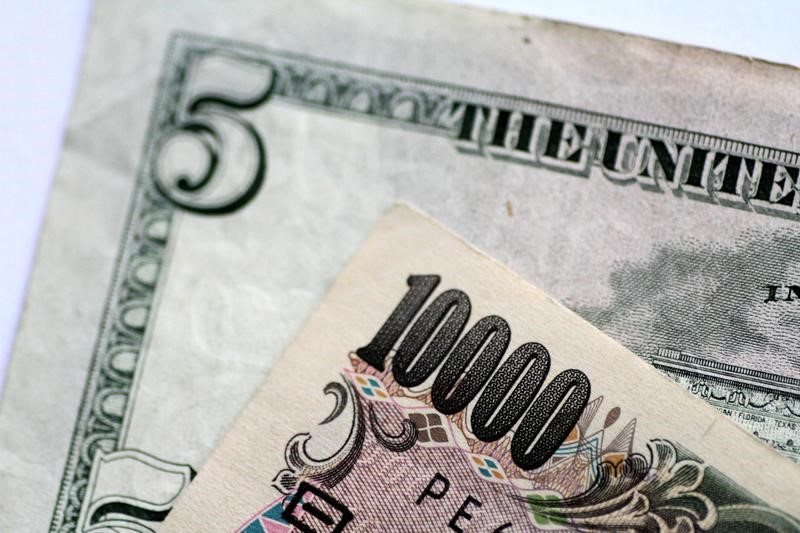By Gina Lee
Investing.com – The dollar was up on Tuesday morning in Asia. Disappointing economic data from China, the continuous spread of COVID-19's Delta variant, and political tension in Afghanistan all served to curb the market’s risk appetite, giving the safe-haven U.S. currency a boost.
The U.S. Dollar Index that tracks the greenback against a basket of other currencies inched up 0.05% to 92.668 by 10:43 PM ET (2:43 AM GMT).
The USD/JPY pair inched up 0.01% to 109.25.
The AUD/USD pair was down 0.35% to 0.7311, with the Reserve Bank of Australia releasing the minutes from its latest meeting earlier in the day. The NZD/USD pair was down 0.50% to 0.6982, with the Reserve Bank of New Zealand due to hand down its policy decision on Wednesday.
The USD/CNY pair inched up 0.07% to 6.4786 while the GBP/USD pair edged down 0.19% to 1.3824.
Other safe-haven currencies, such as the yen, also gained against riskier currencies. The euro fell as low as 128.50 yen, its lowest level since late March 2021. The Swiss franc also remained near a nine-month high of 1.0720 reached earlier in the month against the euro, trading at 1.0745 francs to the euro.
"The moves seem to reflect a deteriorating in market sentiment. You could say the impact of COVID-19's Delta variant is behind this," Daiwa Securities senior strategist Yukio Ishizuki told Reuters.
Investors are still digesting Monday’s data from China that said industrial production and retail sales fell more than expected in July as the world’s second-largest economy continues to deal with its latest COVID-19 outbreak.
Meanwhile, U.S. Federal Reserve Chairman Jerome Powell will speak at a town hall for educators later in the day. However, it is widely expected that he will not address monetary policy at this meeting but wait until the central bank’s Jackson Hole symposium, due to take place next week.
The Fed will also release the minutes from its latest meeting on Wednesday, while U.S. core retail sales and retail sales data will be released later in the day.
Developments in Afghanistan, after the Taliban seized the capital city of Kabul, also curbed risk appetite. However, the direct impact for markets has so far been limited, according to some investors.
